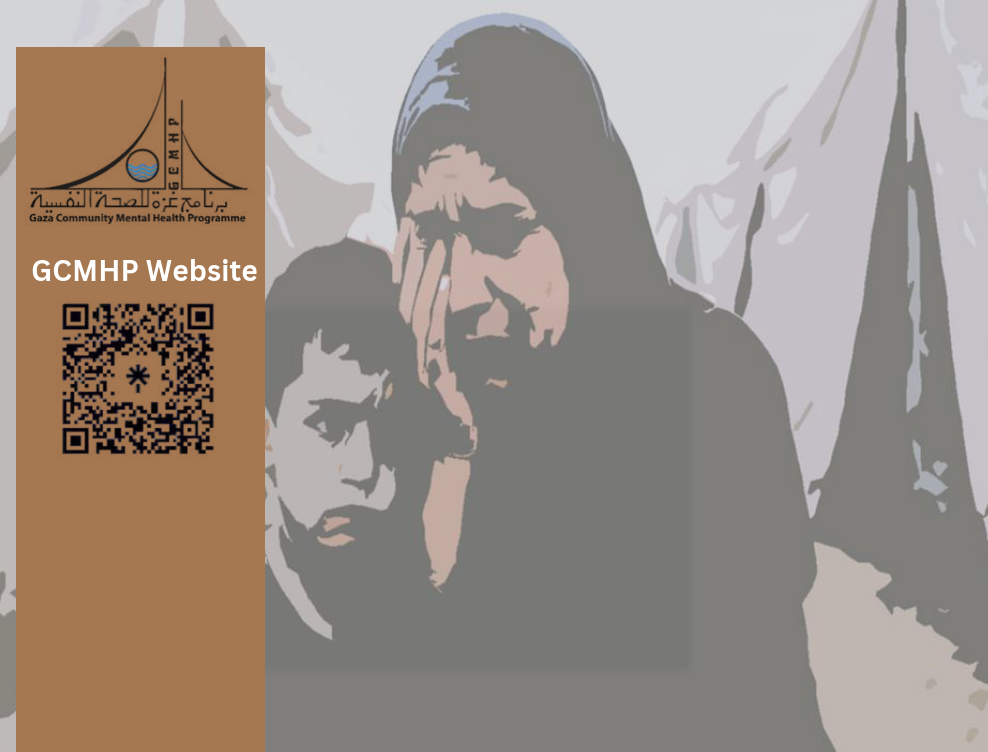Two years after the genocidal war, the Gaza Community Mental Health Programme (GCMHP) releases its new report entitled “The Mental Health Crisis in the Gaza Strip: Two Years of Living Under Genocide.” This report exposes another invisible wound-one that silently devours the souls of people, threatening both their present and their future.
The report provides a comprehensive analysis of the deteriorating mental health crisis in the Gaza Strip amid the ongoing genocide since October 2023, which has inflicted devastating psychological consequences on the population, affecting children, women, the elderly, persons with disabilities, the displaced, frontline workers, and survivors of detention and torture.
GCMHP conducted an extensive review of both local and international literature and reports addressing the psychological situation, alongside an analysis of clinical data and internal reports during the aggression. This review and analysis led to the identification and presentation of a set of critical findings and recommendations.
While images of injuries and destruction dominate television screens, a silent tragedy grows worse each day: the profound psychological trauma endured by more than 1.9 million forcibly displaced people, most of whom now live in streets, tents, and shelters that lack even the most basic safety and support. Rates of depression, anxiety, and post-traumatic stress disorder have risen to unprecedented levels.
The report reveals that children especially those with disabilities, have become the most vulnerable. Their daily existence has turned into nightmares, marked by a constant sense of imminent death, the loss of parents, and limb amputations. Families torn apart by war can no longer provide emotional support for their children, as parents themselves struggle with their own traumas.
The report also shows that over 80% of displaced persons suffer from severe psychological distress, while the exhausted health system can no longer meet the growing demand for mental health services. Despite community and international efforts, critical shortages of specialists and psychiatrists, coupled with the destruction of centers and infrastructure, have made access to care increasingly difficult.
In the face of this catastrophe, GCMHP stresses that no intervention can succeed unless the genocide ends. This is the root cause of the crisis. Therefore, through this report, the GCMHP calls on the international community to:
• Immediately stop the aggression and protect civilians, as a fundamental condition to end the bleeding of suffering.
• Expand services to reach people wherever they are, especially in displacement camps and devastated neighborhoods.
• Integrate mental health into every humanitarian response, from education to protection to healthcare.
• Care for frontline workers and professionals, who continue to provide support while being survivors of trauma themselves.
The report includes further important recommendations, but above all, it stands as a humanitarian cry from Gaza to the conscience of the world: Do not let a people drown in endless trauma.
the Full report below:

